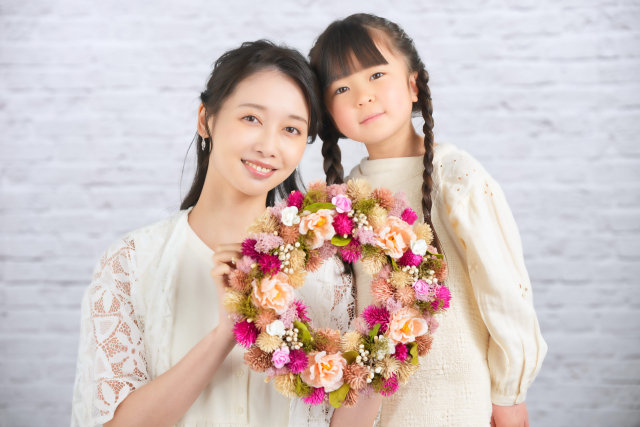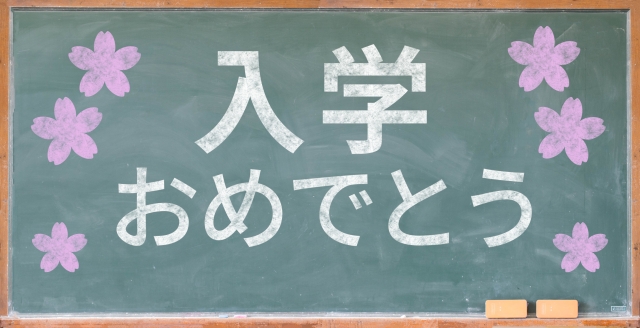Foreigners who come to live in Japan often struggle with the Japanese language, which is said to be the most difficult language in the world.
Simple greetings such as “Ohayo”, “Konnichiwa”, and “Good evening” can be learned without much difficulty, but there are words that have multiple usages and multiple meanings in the same language, and it is difficult to remember how to use such words.
One such word that is difficult to remember is “otsukaresama deshita.
In this article, we would like to explain the meaning and usage of “otsukaresama deshita.

Join private lessons with the best tutors online or in-person, and learn Japanese efficiently.
Contents
Meaning of “otsukaresama deshita
Let’s start with the meaning of “otsukaresama deshita.
The word “tsukare” in “otsukaresama” means “fatigue of the body or mind.
Hence, a literal translation of “otsukaresama deshita” would have the nuance of “You are tired, aren’t you?
However, the word actually contains quite a lot of meanings.
Ganbarimashitane(You worked hard.)
This phrase is used to express appreciation for someone’s hard work in work, study, sports, etc. It includes the meaning of “thanks for your hard work.
It includes the meaning of “thanks for your hard work. It is used in phrases such as, “Well, it was really hard work.

さようなら(good-bye)
otsukaresama deshita” is sometimes used as a parting gift.
It has the same meaning as “sayonara,” and is often used especially to address colleagues and superiors.
The timing of its use is exactly the same as the timing of saying “good-bye” or “see you tomorrow,” and if you use this phrase, you do not have to say “good-bye” or “see you tomorrow.
Greetings at work
The word “otsukaresama deshita” has the above two meanings, but the word “otsukaresama” also has the meaning of a “greeting at work.
By saying “otsukaresama” as you pass each other in the hallway at work, you are greeting each other.
Chyotto iidesuka(May I have a word?)
This is also the first word used when talking to someone at work.
For example, “otsukaresama desu, I’d like to talk to you about today’s meeting. In other words, “otsukaresama desu” means “May I talk to you for a moment?
Rough greetings like “Hi”
In Japan, “otsukaresama desu” is a slightly more formal greeting.
Therefore, it is often used when addressing a senior or superior.
If you are addressing someone more casually, such as a junior colleague or a co-worker, you would use “otsukare” only.
This is the same as a rough greeting such as “Hi”.

Usage of “otsukaresama deshita”, “otsukaresama desu” and “otsukare
Let’s assume that you work at a company, and let’s take a look at how often you use “otsukaresama deshita” in a day, along with some specific examples of how you use it.
The following is an example of the use of the phrase “otsukaresama desu ○○-san, are you in business today?
Do you want to go out to dinner with some of your classmates this weekend?
… “otsukaresama desu, I have a question I’d like to ask you.
“otsukaresama deshita, it sounds like you had a hard day.
I’m at this station, so I’m otsukaresama deshita.
As you can see, it is used in many situations.
In addition, “otsukaresan” is sometimes used by presidents, directors, and other executives to address employees in lower positions.
There are many other Japanese words with multiple meanings.
Although I picked up “otsukaresama deshita” this time, there are many other words with multiple meanings in Japan.
One of them is “okay deshita,” which can mean both refusal and acceptance, “appropriate,” which means both “just right” and “lax,” “unnecessary,” which means both “excellent” and “unnecessary,” “rice,” which means both “white rice” and “meal,” and the list is endless! There are too many to mention!
It is impossible to remember them all immediately, so even if you have studied a certain amount of Japanese vocabulary, you will probably be quite confused during your first month or two in Japan.
Other words include “funny guy,” which means both unusual and someone you should stay away from, and “funny person.
You will have to learn these words one by one as you learn their meanings and usage from Japanese people without being in a hurry.
Conclusion
In this article, we have explained the meaning and usage of “otsukaresama deshita.
otsukaresama deshita” is a word that has various usages as listed here.
If you live in Japan, be sure to remember and use the multiple meanings and usages.










